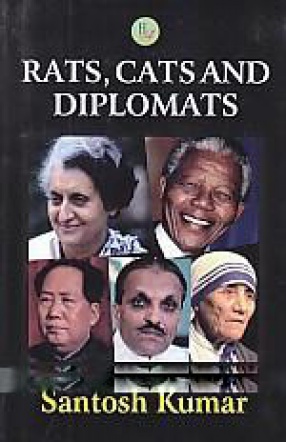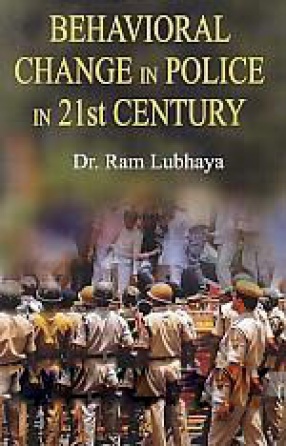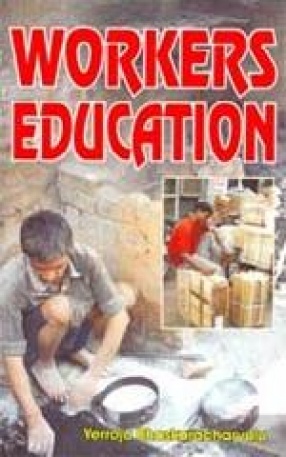Agrarian relations in Kerala have displayed a number of interesting features for a long time. Studies on how the institutional structure actually affects agrarian relations are relatively scarce in India. Agrarian relation not only refers to a pattern of relationship in which men are related to land merely by ownership of tenancy basis, but also it refers to the entire frame of work of relations in the historically designed land system with its subsequent changes where, social, economic and even political factors are in action and interaction in the circumstances of ecology-natural and human-confining to create tradition of conflicting interests in land. Dr. Vijayan has offered some explanations regarding the conflicting relations of people who are engaged in the process of production. Caste and class are two dimensions of social stratification. A number of caste groups like forward caste, backward caste, scheduled castes are engaged in the process of production. On the contrary, a number of class categories like capitalist landlord, landlord, rich peasant, middle peasant, poor peasant and agricultural labourer coming to action and form an agrarian social structure. Dr. Vijayan has, in this connection also studied how far caste hierarchy tends to coincide with class position, irrespective of groups and power structure. Since this works throws considerable light in the structural aspects underlying the complexities of agrarian relations of Kerala and also the mode of production and the concentration of land ownership pattern will be of interest not only to sociologist but even to economists and students of rural development.

Caste, Class and Agrarian Relations in Kerala
In stock
Free & Quick Delivery Worldwide
reviews
Bibliographic information
Title
Caste, Class and Agrarian Relations in Kerala
Author
Edition
1st ed.
Publisher
ISBN
8175100583
Length
214p., Tables
Subjects




There are no reviews yet.